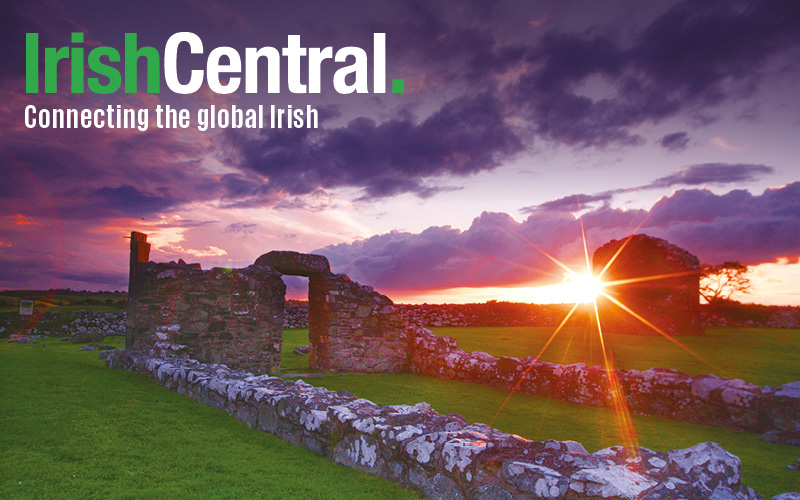Findmypast is working in partnership with IrishCentral to share fascinating insights into your Irish ancestors. Click here to get a special half price subscription, and discover your Irish roots today!
“America was lost by Irish emigrants … I am assured from the best authority, the major part of the American Army was composed of Irish and that the Irish language was as commonly spoken in the American ranks as English, I am also informed it was their valour that determined the contest …“
~ Luke Gardiner, Lord Mountjoy to the English Parliament, 2 Apr 1784
The American Revolution, some would say, was won by the efforts of the Irish. Men came to the Continental Army fresh from the immigration process, and from their farms and fields, held for more than one generation, descendants of the Scotch-Irish settlements of the 1600s. Nearly 700 Irish men were present at the Battle of Bunker Hill on June 17, 1775; 637 were killed at the Siege of Savannah from September 16 - October 20, 1779 .
From these men, many were considered heroes of the war. One such was Commodore John Barry, the “Father of the Navy” who was born in County Wexford in 1745. The first to capture a British war vessel at sea, fought in the Battle of Trenton and Princeton, and the last naval battle on the frigate Alliance in 1783, firing the last shots of the war. He was certainly not alone in the Navy, there were more than a dozen captains of Irish descent during the war.
John Barry’s story is told eloquently in the pages of the American Catholic Historical Researches, Vol 18, Issue 2, April 1901, which can be found on Findmypast as part of the PERSI collection.
Perhaps one of the most striking moments during the Revolution that indicates just how strongly influential the Irish were during the effort came during that cold, dark winter of 1779-1780. General George Washington recognized the need for a morale boost for his Army – they were cold, hungry, and incredibly discouraged in their fight. Camped in Morristown, New Jersey, and they were buried in repetitive storms, with as much as six feet of accumulated snow. The men slept on straw and huddled together as best they were able, during what was the coldest winter in recorded history.
What was the General to do? Knowing their suffering and lack of resources, he gave his troops a reason to celebrate: he gave them St. Patrick’s Day. First celebrated in Colonial America in 1737 in Boston, March 17, 1780 was declared a day off for the Continental Army – the first day of rest in more than a year. The orders, issued on March 16, stated, “The General directs that all fatigue and working parties cease for to-morrow the SEVENTEENTH instant, a day held in particular regard by the people of [Ireland].”
There is little doubt on the influence of the Irish in American military history. From the very first day we chose to fight for our freedoms, the Irish American’s have been an incredibly important and valued element to the belief’s on which our nation was founded.
For more stories on tracing your Irish heritage from Findmypast click here.




Comments